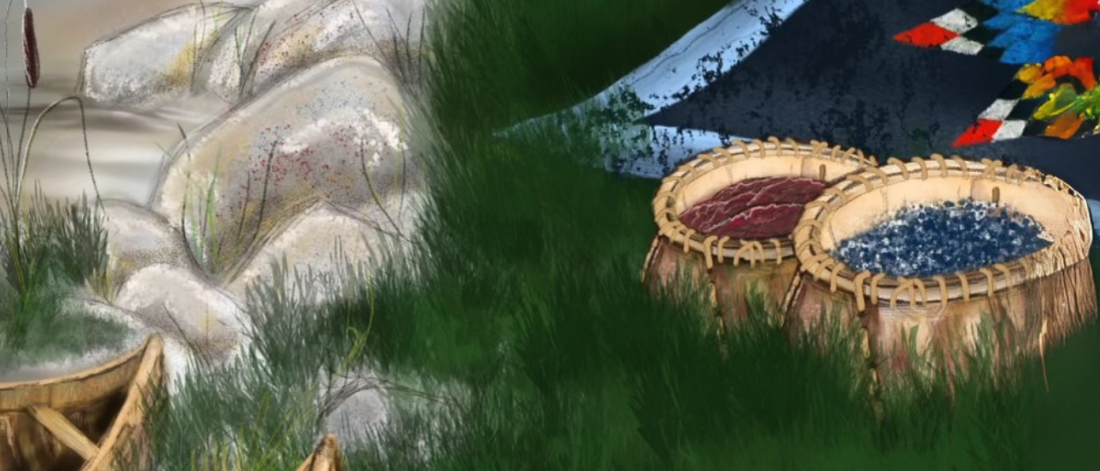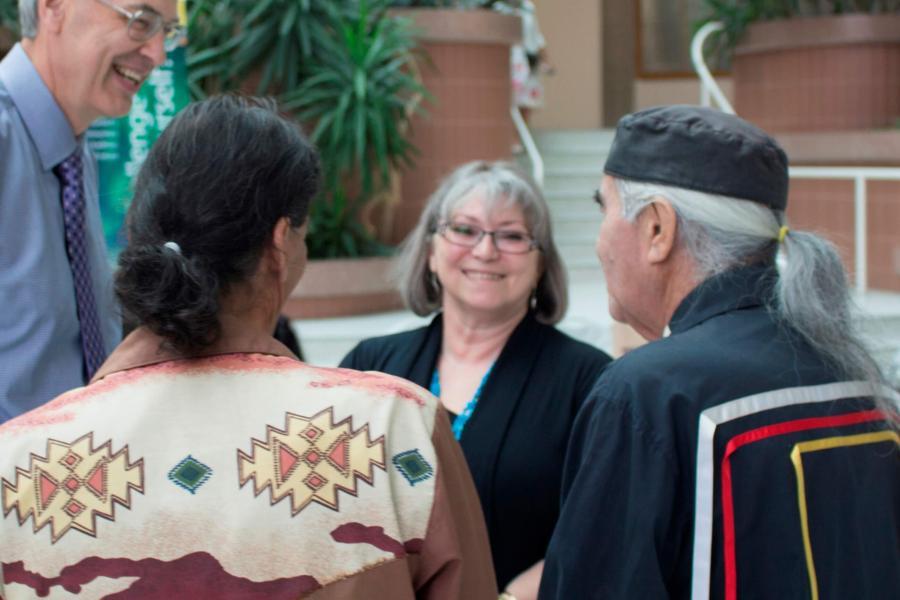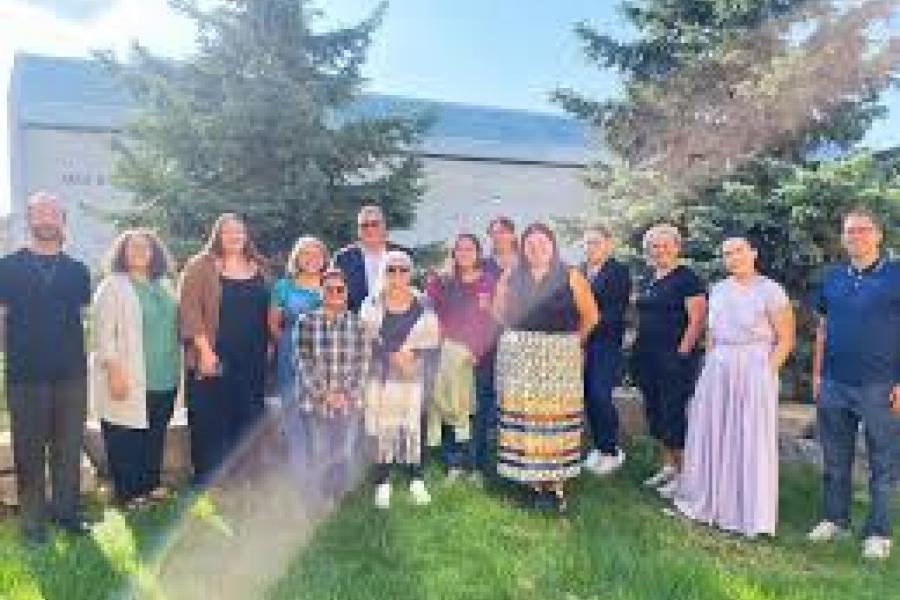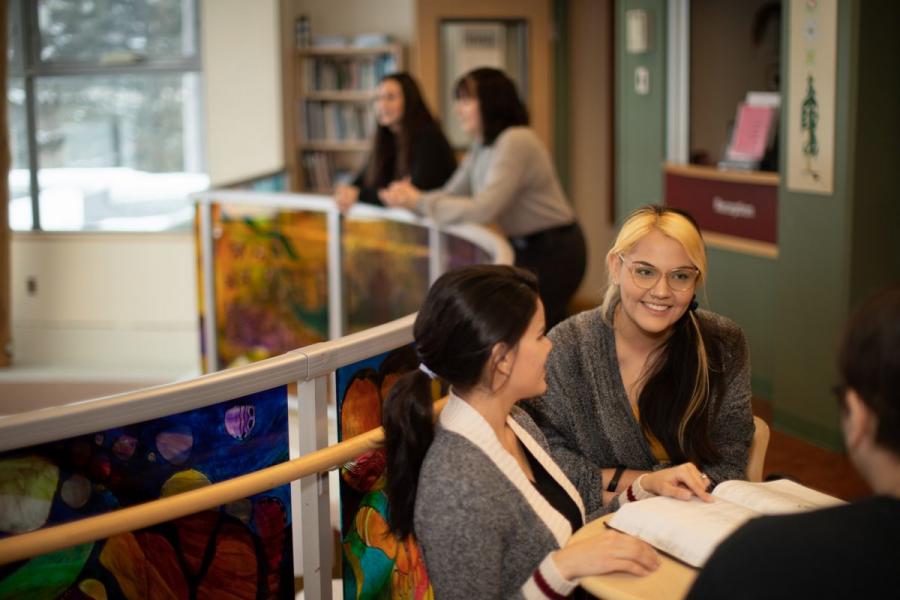Project Director, a Two-Spirit Métis educator and researcher with expertise in curriculum design, facilitation and interdisciplinary research.
Researching in Good Ways
Researching in Good Ways is an Indigenous-led initiative that builds on the Working in Good Ways framework to gather and share a set of guiding principles and practices that support Indigenous research partnerships. This project aims to better understand the realities of conducting research in Indigenous communities, both from those who have experience doing research with Indigenous partners and the communities with whom we do research.
Foundations and Principles How to participate Share your voice Our team
Grounding our work
Guided by Indigenous knowledge and community-engaged research practices, Researching in Good Ways (RIGW) seeks to understand the realities of conducting research in Indigenous communities. By learning from both lived experiences and shared stories, the project gathers insights to improve how research is carried out. These lessons aim to shape university processes so that partnerships with Indigenous communities honour Indigenous voices, knowledge and experiences.
-
Background
A collaborative project that responds to the calls for relational, accountable and meaningful research partnerships with communities.
-
Starting Point
RIGW expands the Working in Good Ways project into a research context.
-
Goal
To gather and share a set of guiding principles and practices that support Indigenous research partnerships.
-
Vision
Everyone researches in good ways with community.
More on background & supporters
Researching in Good Ways (RIGW) is supported by the Office of the Vice-President (Indigenous), the Office of the Vice-President (Research and International) and the Strategic Initiative Support Fund. Led in collaboration with Indigenous partners, faculty, staff and students, the project responds to the call for research that is relational, accountable and meaningful to communities.
Details on the starting point
RIGW builds on the Working in Good Ways framework, an Indigenous model for ethical and respectful community engagement. By extending its principles into research, the project grounds its work in stories and lived experiences to ensure guidance comes directly from Indigenous voices.
Expanding on the goals
The project aims to gather insights into the realities of research in Indigenous communities—what has worked, where challenges arise, and how to address them. Outcomes include empowering Indigenous partners, strengthening research relationships, sharing common language and reducing harms through Indigenous-led principles and practices.
Vision in detail
Everyone researches in good ways with community. RIGW will create a framework and resources that help researchers honour Indigenous ways of knowing, being and doing and strengthen community partnerships.
Oct. 2025 - Mar. 2026 Researching in Good Ways consultations
RIGW is moving through several phases. In this first consultation phase, we are gathering stories and insights from faculty, graduate students and Indigenous community members. By registering and sharing your experiences—both positive and challenging—you can help shape the principles that will guide future research partnerships.
Read Nicki Ferland’s reflections
“During the Working in Good Ways consultations back in 2018 and 2019, we heard a lot of stories about bad research experiences, challenging partnerships, and institutional obstacles that made UM-community relationships hard and sometimes harmful. We held on to those stories. We knew that they would become a really important part of helping us to understand how to research in good ways with Indigenous community partners. These new consultations will be aimed specifically at capturing stories about research experiences – both good and challenging, from faculty and grad students at the UM, and community partners engaged in research partnerships. These stories become the guide for what to do, and what not to do, and will help us change the way we research here at the UM.”
“There were several key takeaways from the Working in Good Ways project that will carryover into this work, including the concept of institutional accountability, which speaks to the fact that the relationships we try to form with community partners include all of the good and bad relationships that have preceded it, whether or not those researchers were even from the same institution. Another key finding from Working in Good Ways that applies in a research context is the often overlooked initial stage in community engagement: the work before the work. In this stage, the researcher builds their literacy in Indigenous content, engages in critical self-reflection, and builds relationships with communities before initiating a partnership.”
Please note: Registration for Researching in Good Ways consultations is now closed. Thank you to all who participated in this consultation phase.
Foundations & future resources
RIGW is a multi-phase project. While it is still underway, we will share resources as they become available. For now, explore the Working in Good Ways framework, the foundation of this initiative. Future outcomes—including principles, tools, and best practices from the consultations—will be added here.
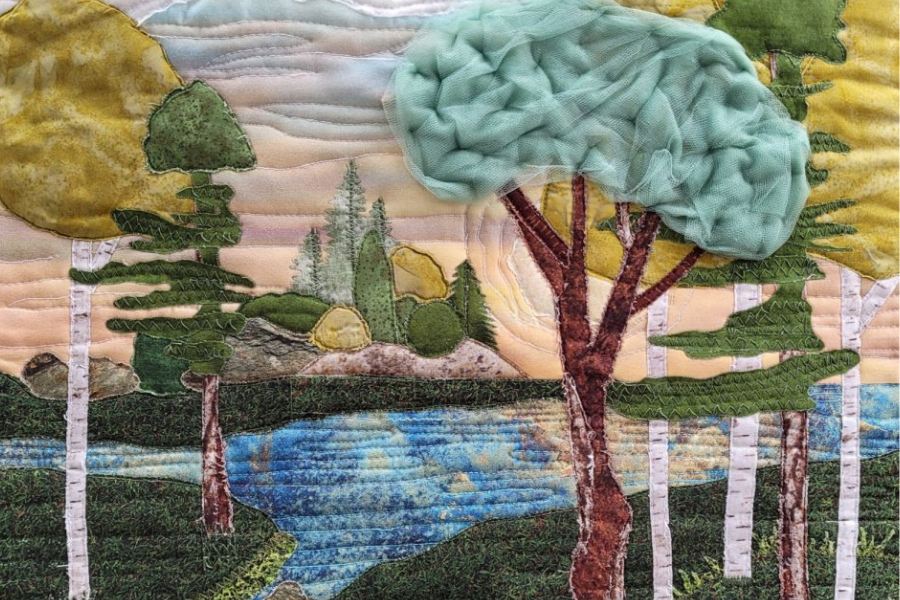
More outcomes and resources from RIGW will be added as the project progresses — stay tuned for updates.
Our team
The project is guided by a collaborative Indigenous-led team with expertise in education, research and community engagement.
-
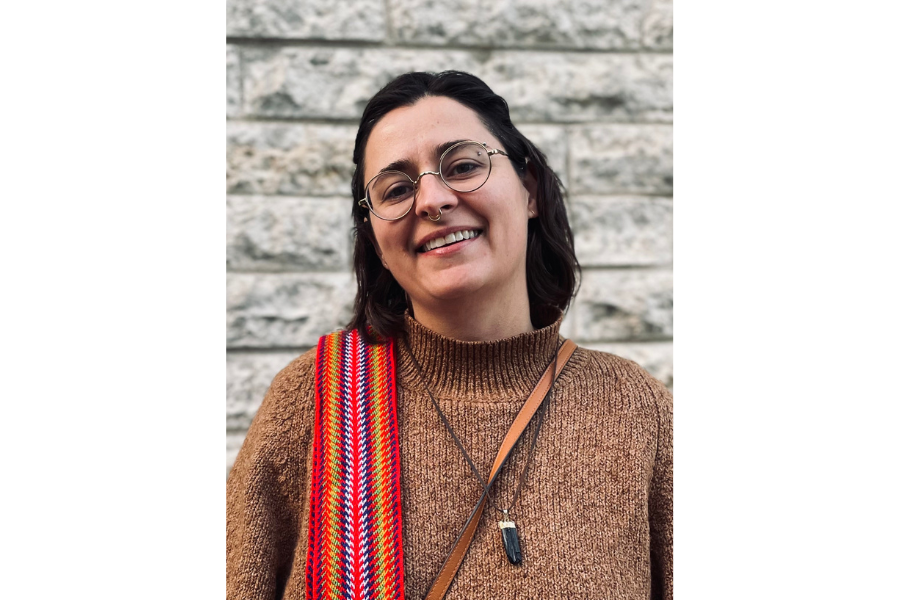
-
-
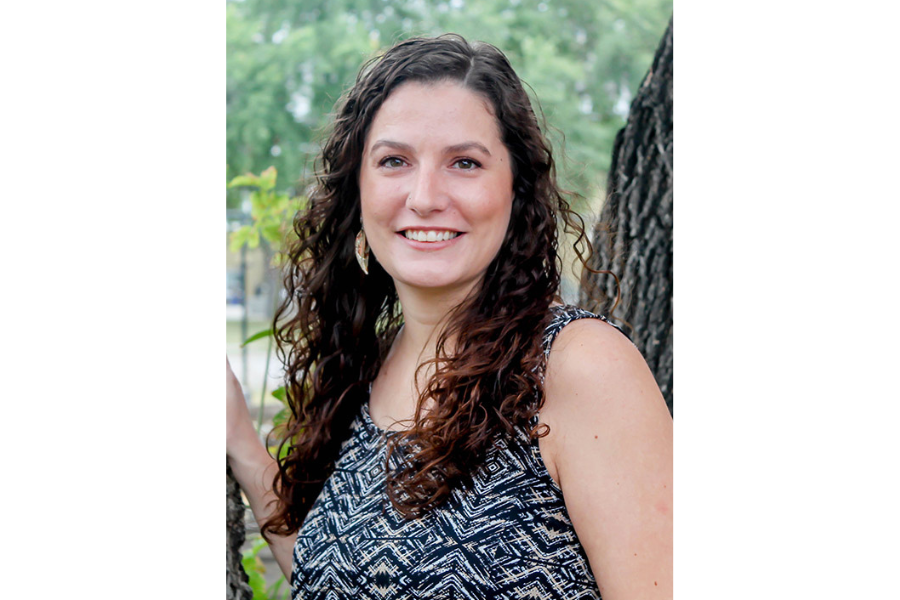
-
Director of Land-Based Education and Indigenous Curriculum, and co-lead of Working in Good Ways.
-
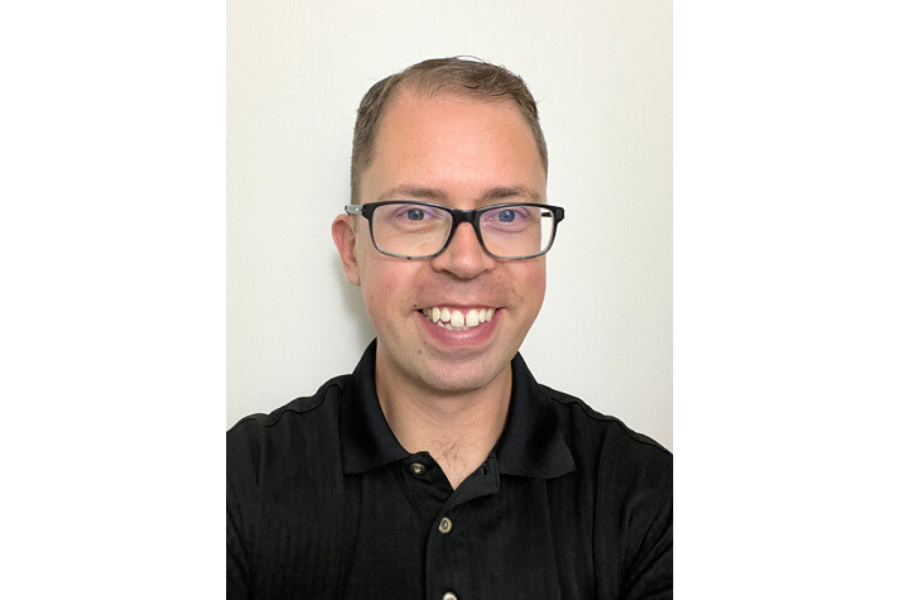
-
Director of Indigenous Research at UM, committed to advancing Indigenous research sovereignty and collaborative partnerships.
-
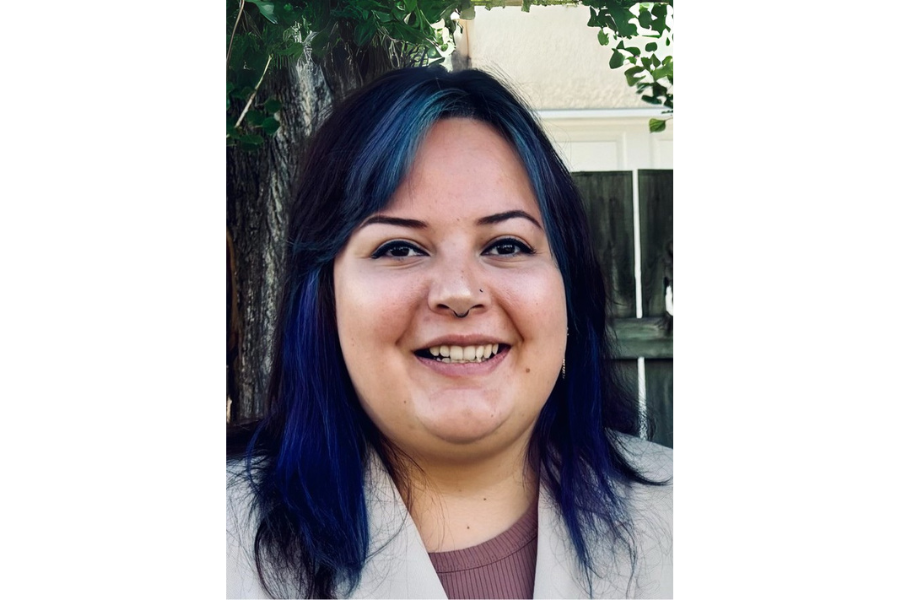
-
Assistant to the Directors, with extensive experience working with Indigenous communities.
Contact us
Researching in Good Ways
Office of the Vice-President (Indigenous)
Room 202E Administration building
66 Chancellor's Circle
University of Manitoba (Fort Garry campus)
Winnipeg, MB R3T 2N2 Canada

